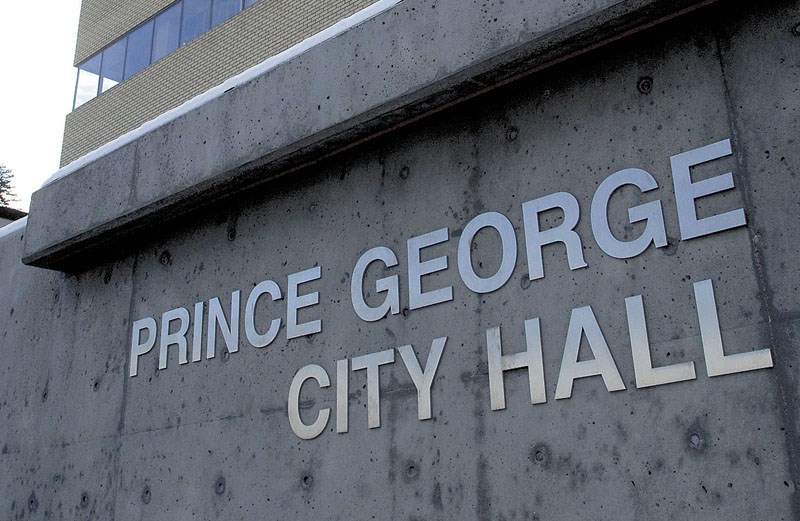Looking for a way to get more out of its investments, the city is offering up a $5 million fund for an outside party to play with.
Finance director Kris Dalio posed the idea to the city's finance and audit committee during the summer.
A request for proposal from prospective firms to submit their ideas for a two-year investment management contract closed on Tuesday.
"The city currently has a desire to diversify its investment options, and to see what kind of results a more individualized strategy can yield on investments that are not required for working capital needs in the near term," said the bid summary.
Municipalities are allowed to invest surplus cash - in operating funds and reserves - through a variety of means. Prince George uses the Municipal Finance Authority's money market and intermediate fund for easy access to its money.
"As a result, the city has not been able to lock in investment funds for long enough terms to properly take advantage of the MFA's bond fund, which often has the best rate of return," said Dalio's August report to the committee.
In 2014, MFA reported an annual return of 3.15 per cent on bonds, compared to 1.09 percent on the money market and 1.28 per cent earning on its intermediate fund.
Last year, the city earned 1.56 per cent on its investments, up from 1.41 per cent in 2013, but down from 1.61 per cent in 2012 and 2.08 per cent in 2011.
More money is currently available for investing now that outstanding loans, such as for the RCMP detachment, are coming in and the city is no longer using internal funds, said Dalio.
"We collect all our cash roughly July 1 and that's supposed to make us last until June 30, when we collect our next set of property taxes," he said. "We kind of have been just making it to June 30 with comfortable money for cash flow," prior to calling in the RCMP building debt and having fully funded reserves for sewer and water utilities.
In his report to the committee, Dalio said setting aside $5 million for a two-year trial with an outside organization still falls within the city's sustainable finance guidelines as it would still be primarily investing with the MFA. The reason they stick with the MFA is because there are no administrative costs, it's easy to use and it offers competitive rates, Dalio said.
But this option lets the city dip its toes in the water, Dalio said.
"If they (an outside firm) perform much better than the MFA, maybe it's time to revisit our investment approach," he said.


